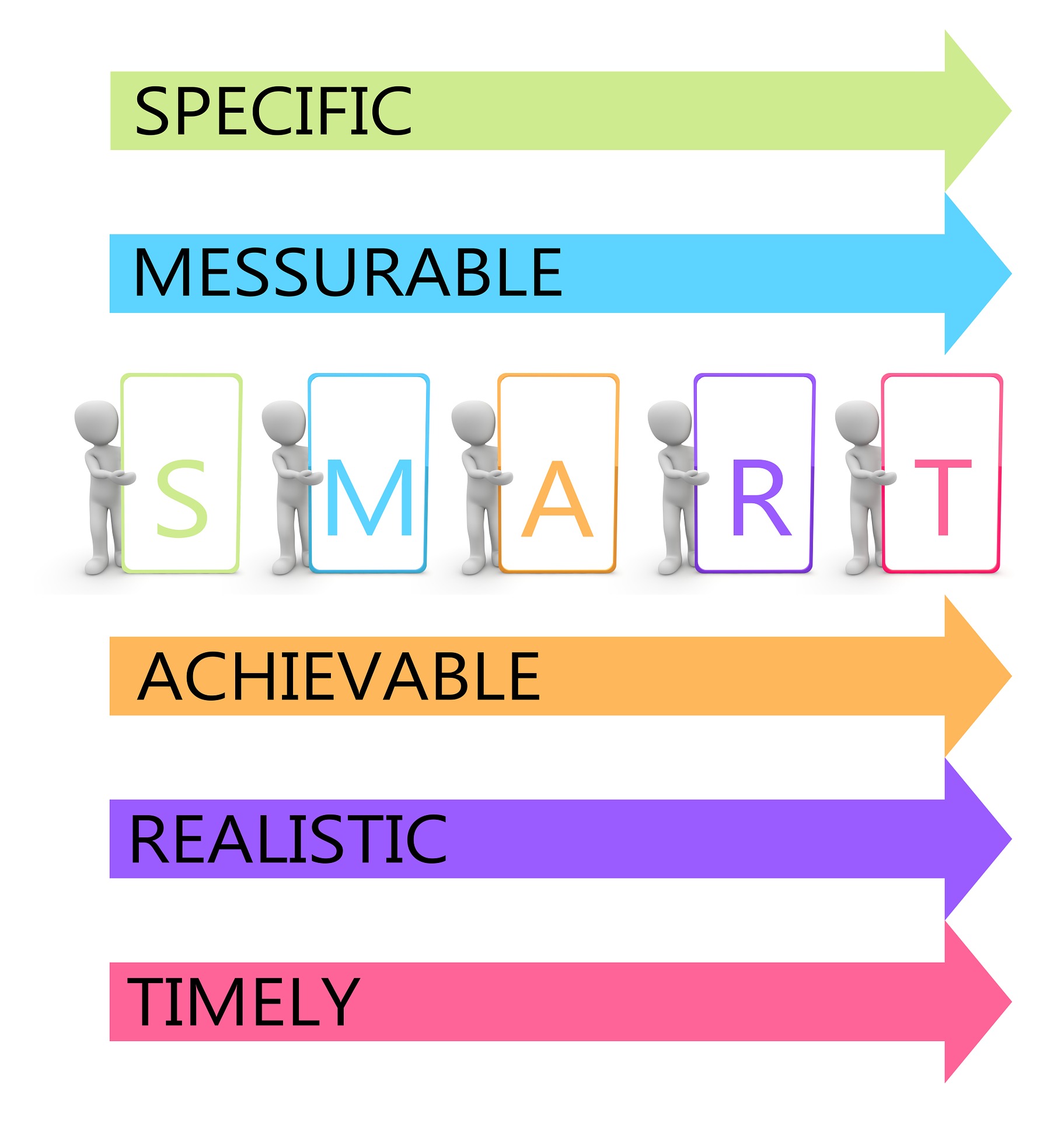8 purposes of a performance appraisal
- Help employees set goals
- Motivate high-performing employees
- Counsel underperforming employees
- Support for raises and promotions
- Plan for new hires
- Improve organizational performance
- Determine overall training needs
- Create a paper trail
Though most employees don’t particularly look forward to performance appraisals, they can be incredibly useful. That’s because the objectives of performance appraisals go beyond improving performance.
Performance appraisals can also be good for setting employee goals, deciding who gets promoted, and other business objectives. When you’re conducting a performance appraisal, keep these eight objectives in mind to help you make the most of it.
Just so you know
Use Jotform’s free employee evaluation form to quickly conduct performance appraisals online.
1.Help employees set goals
One of the most important objectives of performance appraisals is to help employees set goals. Employees need to know what you expect them to do or improve upon — whether the goals are geared toward customer service, operations, or professional development. It’s also beneficial to write a game plan to help your employees meet and exceed their objectives.
For optimal success, these set goals should be specific, measurable, achievable, relevant, and timely (SMART). A SMART goal related to professional development, for example, could be to attend a certification course in the next six months.
2. Motivate high-performing employees
Performance appraisals allow you to effectively communicate what superior performance looks like — whether that’s short resolution times for service calls or thinking fast in a crisis — and how employees can do more of it.
Doing this gives employees something to aim for, especially because most people want the raises or promotions that come from doing well. They’ll also be looking for examples in their own work to point to once they know what “high performing” means for you.
3. Counsel underperforming employees
One of the most critical objectives of performance appraisals is to counsel employees who aren’t meeting company standards. Maybe an underperforming employee hasn’t set goals, or maybe they need to better understand the expectations for their role. As a manager, work with them to find out why their work isn’t satisfactory and formulate an action plan to help them improve.
In this situation, be sure to point out the employee’s strengths as well as their weaknesses, so they are confident they have what it takes to do their job successfully.
4. Provide support for raises and promotions
Many companies already tie performance appraisals to raises and promotions, as pay is often in line with an employee’s performance. By taking the time to measure how an employee is doing — like whether or not they met last quarter’s goals — it’s much easier to determine how much you’ll raise their salary or if they’re ready for a promotion.
Performance appraisals also enable you to identify which team members are typically outperforming others in terms of consistent, high-quality work, and the desire to continuously improve.
5. Plan for new hires
If you’re conducting regular performance appraisals and noticing a common theme, such as employees being stretched too thin, you can build a case for hiring additional employees. Figure out which departments are well staffed and which ones need more talent to help get the work done. You can even gather specific performance data points from departments to implement into your hiring process.
Performance appraisals also help you identify underappreciated talent in your organization — those who have the potential to move up or even be a benchmark for future hires. Sometimes quiet people have many impressive ideas just waiting to be uncovered.
6. Improve organizational performance
With a strong performance appraisal system that’s organized and consistent across departments, you can instill the importance of superior employee performance from the top down. This synchronicity improves productivity and profitability.
One way to do this effectively is by using a tool like Jotform Teams. This shared online workspace allows you to collaborate with colleagues and employees through online forms, reports, apps, and tables, so you can ensure your employees are staying on top of assigned projects and agreed-upon performance appraisal goals.
Additionally, Jotform Teams can provide a system of checks and balances for all your organization’s departments (executives, managers, and junior staff) through shared employee feedback forms. These types of forms allow employees to provide feedback on company culture, managerial oversight, and training and development. This insight helps employers look at the bigger picture and make changes when necessary.
7. Determine overall training needs
Part of the performance appraisal process is determining which employees need individual training, how to track their progress, how effective your current training practices are, and how much it will cost.
For example, perhaps most of your finance department is struggling with the new billing software, yet IT has already run an interdepartmental training workshop. In that case, consider arranging a group training for your finance team led by members of the IT department. If time or labor is limited, have one of them record a training session instead so all interested parties can take it at their leisure.
8. Create a paper trail
Terminated or transferred employees could legally challenge your decision. A performance appraisal can be evidence that the employee was treated fairly, particularly if they complain about discrimination. If the performance appraisal notes that they hadn’t been meeting sales quotas, for instance, that can help the company’s lawyer defend a claim if the employee sues the organization.
As you can see, the various objectives of performance appraisals — from motivating high-performing employees to creating a paper trail — are as numerous as they are insightful. They’re also easy to conduct with tools like Jotform Teams. The next time you’re preparing for an appraisal, keep these objectives in mind to use your time wisely and provide employees with an informative review that will boost their morale and your profitability.





























Send Comment: